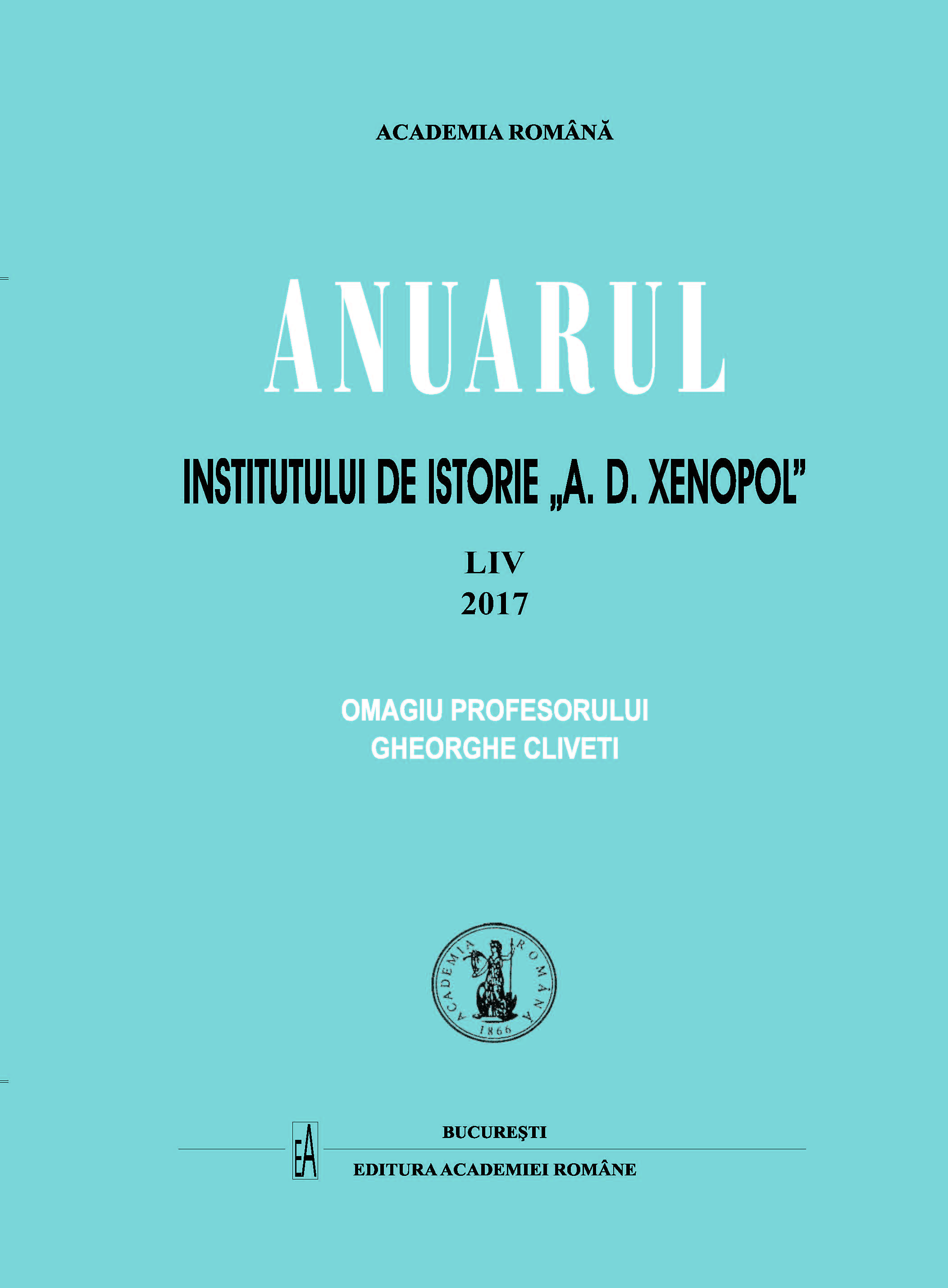„RĂSFULGERAȚII”: ISTORIA OFICIALĂ ȘI CONTRAISTORIILE EI MEMORIALISTICA, ISTORIA ORALĂ, REPORTAJUL DE ACTUALITATE ȘI CIRCULAȚIA INFORMAȚIEI ÎN MEDIA ONLINE, SURSE CONCURENTE ALE UNEI ARHIVE ÎN CURS DE CONSTITUIRE
“RĂSFULGERAȚII” (THUNDERSTRUCK REFUGEES): OFFICIAL HISTORY AND ITS DENYING COUNTERPARTS. MEMOIRS, ORAL HISTORY, NOWADAYS REPORTAGES AND ONLINE INFORMATION AS ALTERNATIVE SOURCES OF A GROWING NEW ARCHIVE
Author(s): Astrid CamboseSubject(s): History, Literary Texts
Published by: Editura Academiei Române
Keywords: Moldavia; Bessarabia; communism; deportation; oral history
Summary/Abstract: This paper focuses on a particular phenomenon that has been going on in Moldova/ Bessarabia especially during the past decade: oral transmission of concurrent memories, as a form of managing social grief due to the sufferings of deportation and refuge-seeking in Soviet era. Memorialization is generally considered an ongoing work. It is also an active dimension of building a national identity. The article makes a comparison between Moldova and Romania with regard to the parts played by the institutions and scholars, on one hand, and the ordinary people, on the other hand, in shaping oral history as a valuable source of knowledge. As the terrain is a shifting one, a mainly qualitative research needs to be done in order to reveal the social mechanisms leading to the major changes in national identity. Education is not entirely the responsibility of intellectual elites; on the contrary, there is – and there always has been – a deep, informal, orally transmitted “popular” education, based mainly on family memory, therefore uninterested in political correctness or even in scientific truths. The narratives in which old men and women recall their own losses as former children unwillingly exiled to Siberia, displaced in their own country or forced to become refugees in Romania give many voices to the social trauma. Official history writing (always politically determined) has thus oral history for a powerful and often denying counterpart.
Journal: Anuarul Institutului de Istorie »A.D. Xenopol« - Iaşi
- Issue Year: LIV/2017
- Issue No: 54
- Page Range: 317-334
- Page Count: 18
- Language: Romanian

